What if we send a Spacecraft In Jupiter ? The environment of Jupiter, the largest planet in our solar system, presents a number of serious obstacles to spacecraft travel. First We Need Know About Jupiter.
Jupiter:
What if we send a Spacecraft In Jupiter ? Jupiter, a gas giant primarily composed of hydrogen and helium, is the largest planet in our solar system. It is well-known for its strong magnetic field, whirling clouds, and severe storms like the Great Red Spot. Jupiter is primarily made up of layers of gas and liquid and contains more than 75 moons, including the huge Galilean moons. Jupiter does not have a solid surface. It is an important subject of astronomical study due to its enormous size and distinctive characteristics.
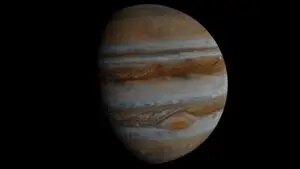
Immense Gravity
About 2.5 times as strong as Earth’s, Jupiter has a strong gravitational attraction. A spaceship would accelerate quickly as it got closer, making it very hard to slow down and keep control. This strong gravitational pull would require sophisticated propulsion systems for a spacecraft to overcome.
READ MORE: Jupiter
Thick Atmosphere
What if we send a Spacecraft In Jupiter ? As a gas giant, Jupiter has a thick atmosphere that is mostly composed of hydrogen and helium, with small amounts of other gases like methane and ammonia. The atmosphere is separated into various layers with varying pressures and temperatures, extending thousands of kilometers deep. When a spacecraft arrives:
- The deeper it travels, the more atmospheric pressure it would encounter. The pressure in Jupiter’s lower atmosphere is hundreds of times higher than that of Earth.
- Because of the compression of the atmosphere, the spacecraft would also experience extraordinarily high temperatures (up to thousands of degrees) throughout its descent.
Extreme Storms
Huge storms can be seen in Jupiter’s atmosphere, the most well-known of which being the Great Red Spot, a large area of continuous high pressure. The atmosphere of Jupiter has winds that can travel at nearly 360 km/h (225 mph). Violent turbulence produced by these storms might make it challenging for a spacecraft to stay intact.
Lack of Solid Surface
What if we send a Spacecraft In Jupiter ? Jupiter lacks a solid surface for landings, in contrast to Earth and Mars. The atmosphere gets thicker as you descend, and the intense pressure finally causes it to change into a liquid metallic hydrogen layer. There is no absolute “ground” on which a spacecraft may touch down or make its home.
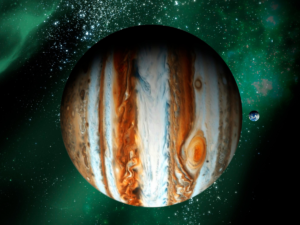
Radiation Hazard
Radiation is trapped by the strong magnetic field of Jupiter. Any electronic systems on board the spaceship as well as the spacecraft itself would be seriously endangered by this radiation. Special shielding would be needed to protect against this high radiation, or else the spacecraft could sustain serious damage.
Crushing Pressure
Even a well-built spacecraft would eventually be crushed long before reaching any solid core, if there is one, because the pressure in Jupiter’s lower atmosphere is so great. For instance, the 1995 launch of NASA’s Galileo spacecraft to Jupiter resulted in its destruction due to the intense pressure after it had only penetrated approximately 150 kilometers (93 miles) of atmosphere.
READ MORE: Planets With Most Number Of Moons
Exploring Jupiter
What if we send a Spacecraft In Jupiter ? We can still send orbiters and probes to explore Jupiter’s atmosphere and magnetosphere even while we are unable to send a spaceship to settle there. Since 2016, NASA’s Juno mission has been orbiting Jupiter, gathering data on the planet’s magnetic field, atmosphere, gravity, and polar regions to provide us with hitherto unheard-of insights.
Conclusion:
Because of Jupiter’s strong gravity, frequent storms, and high atmospheric pressure, sending a spacecraft there would be an amazing but ultimately futile expedition. Our best option for researching the gas giant and acquiring scientific data without having to deal with the perils of Jupiter’s crushing depths, though, is to use orbiters like Juno.
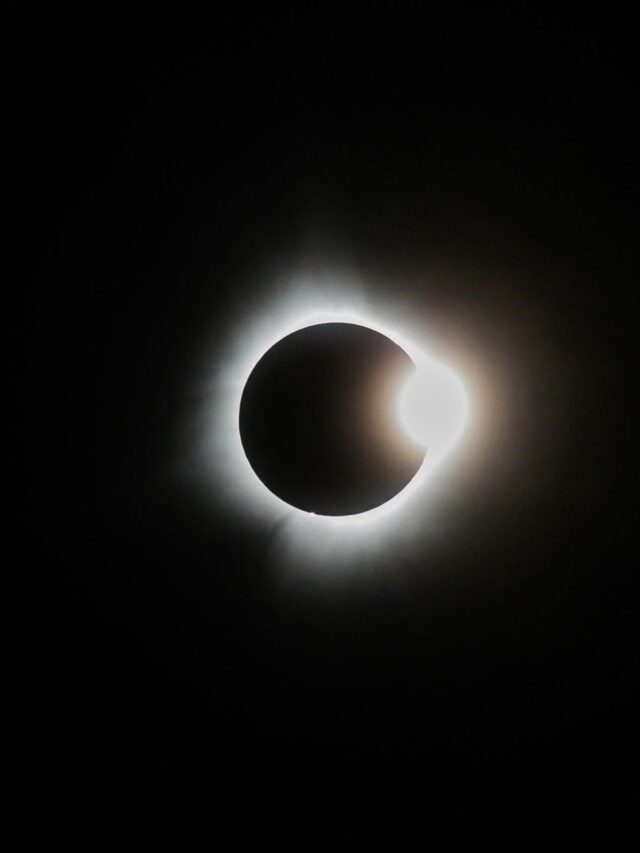
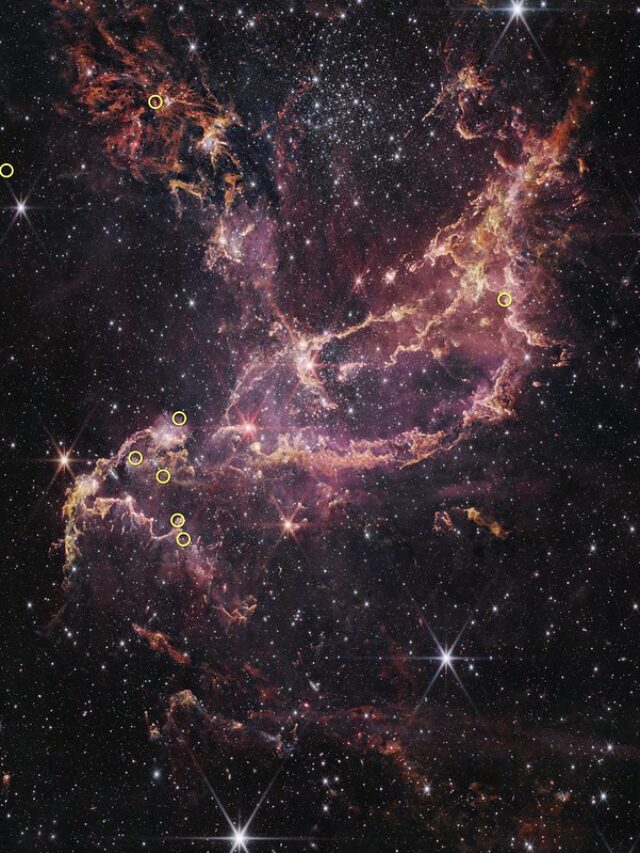
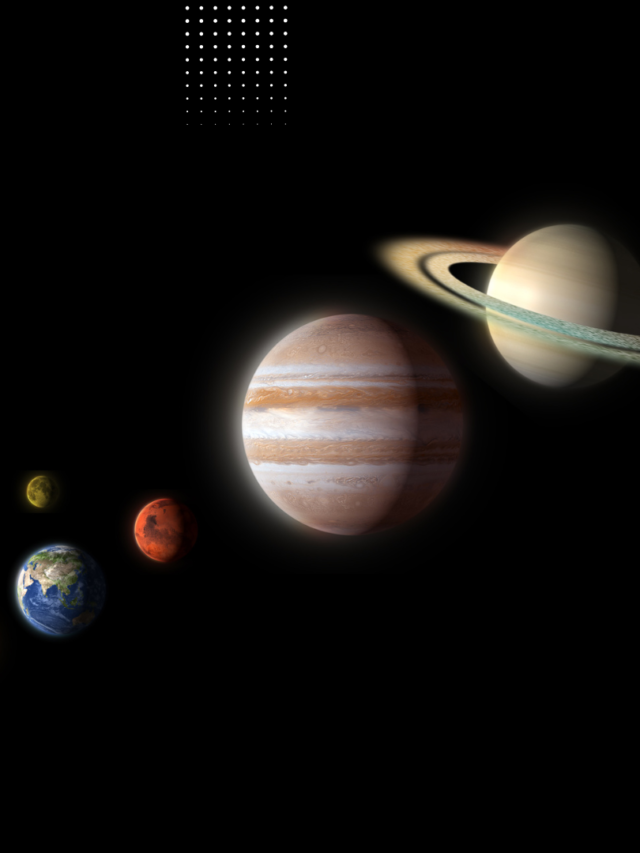
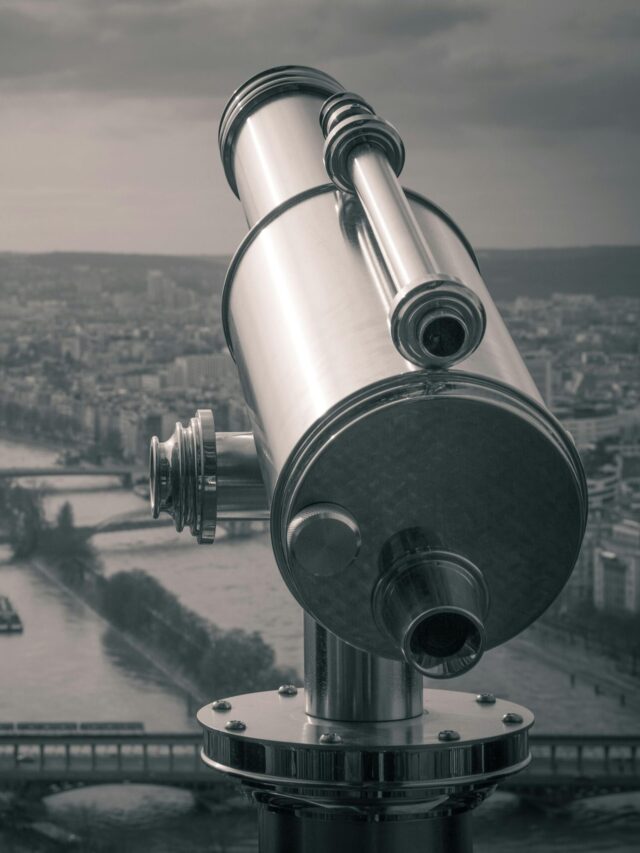
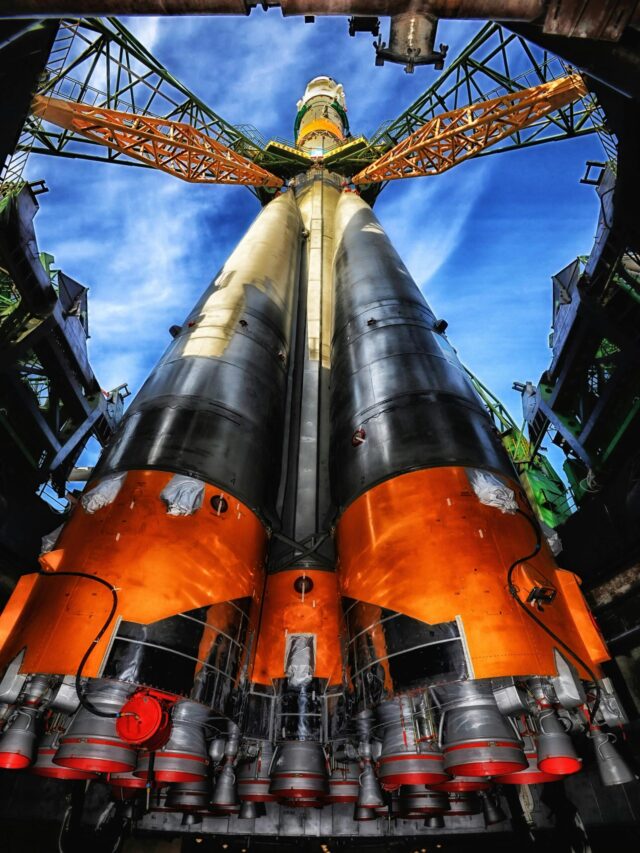
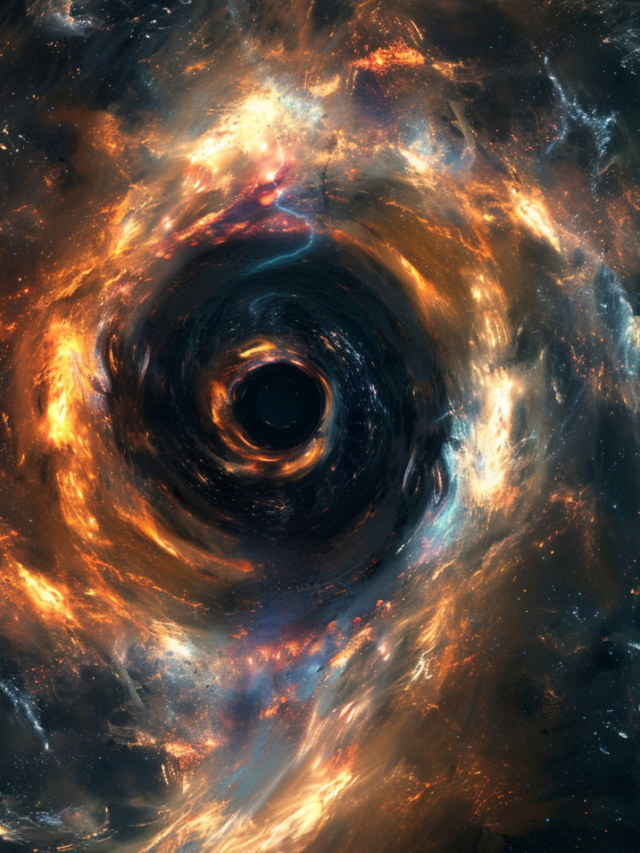
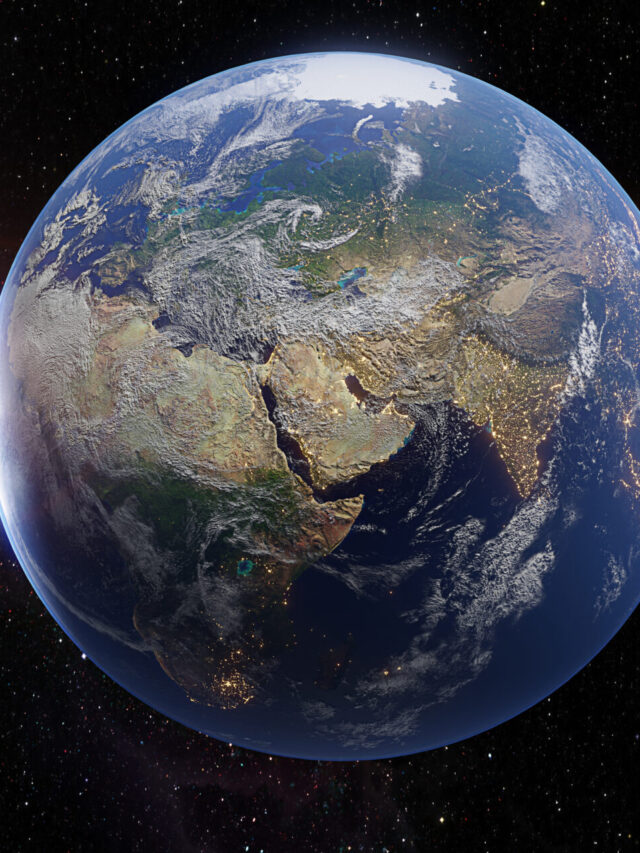
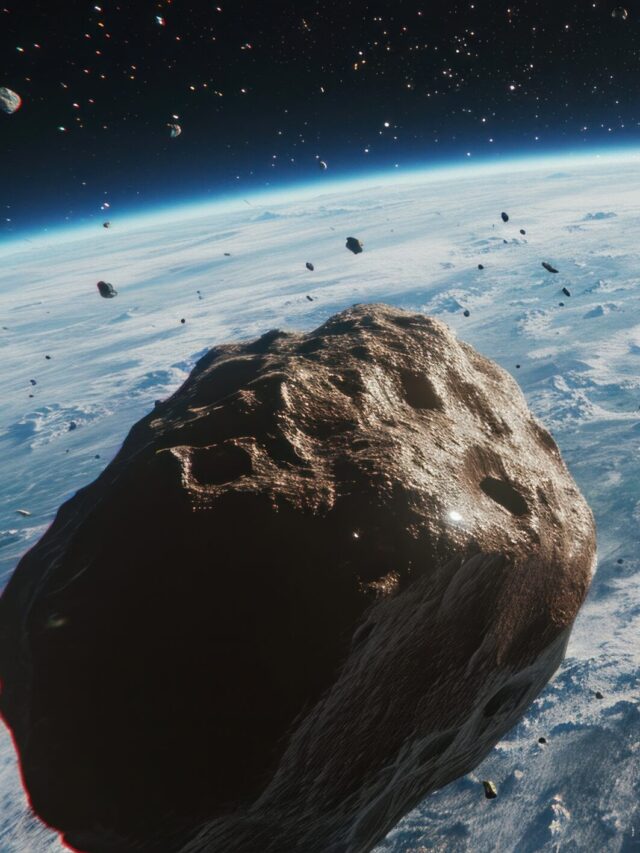
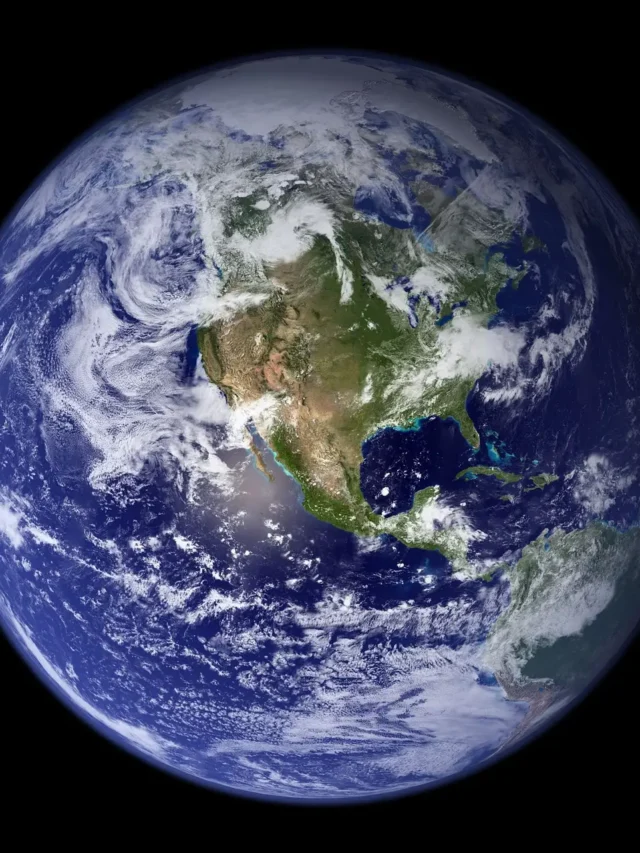
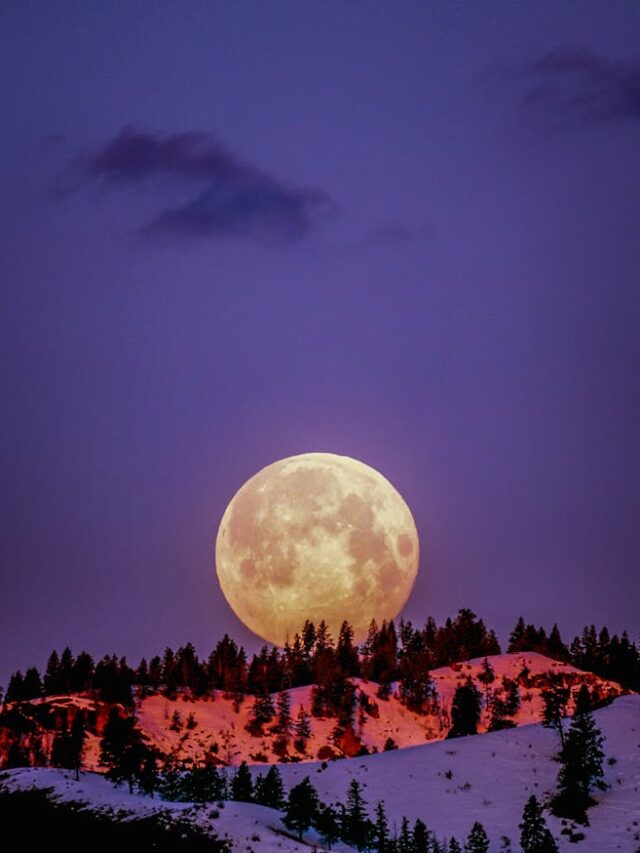
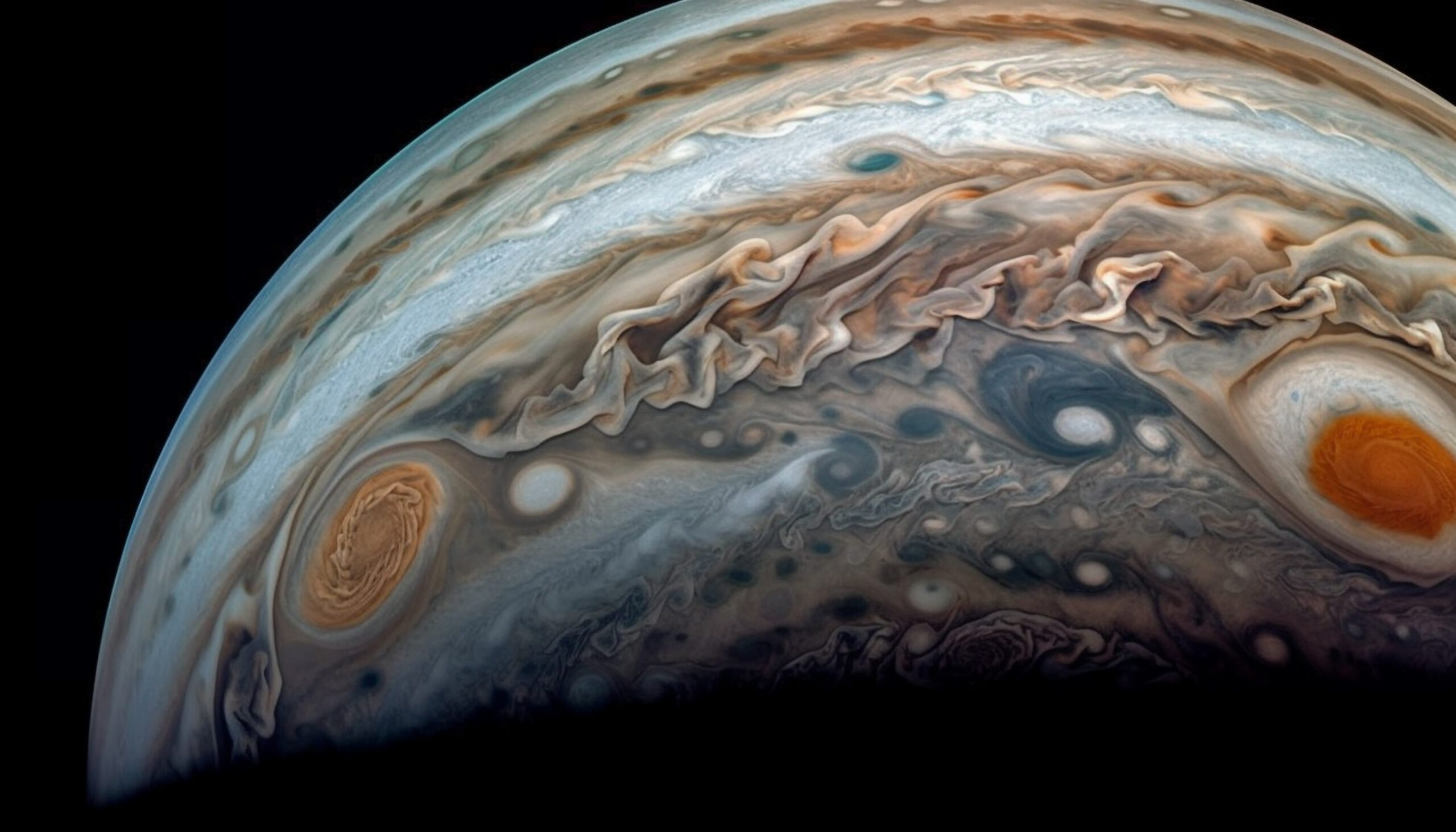
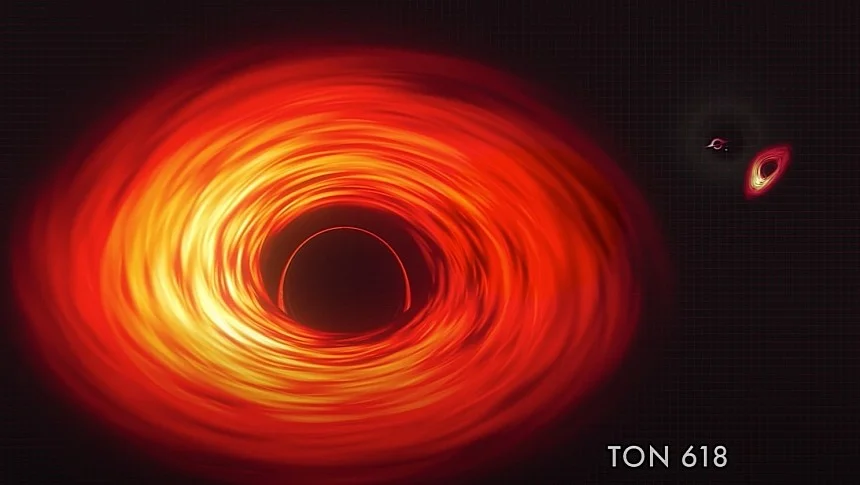

Pingback: Jupiter | Biggest Planet | Dangerous? | 2024 astrobites